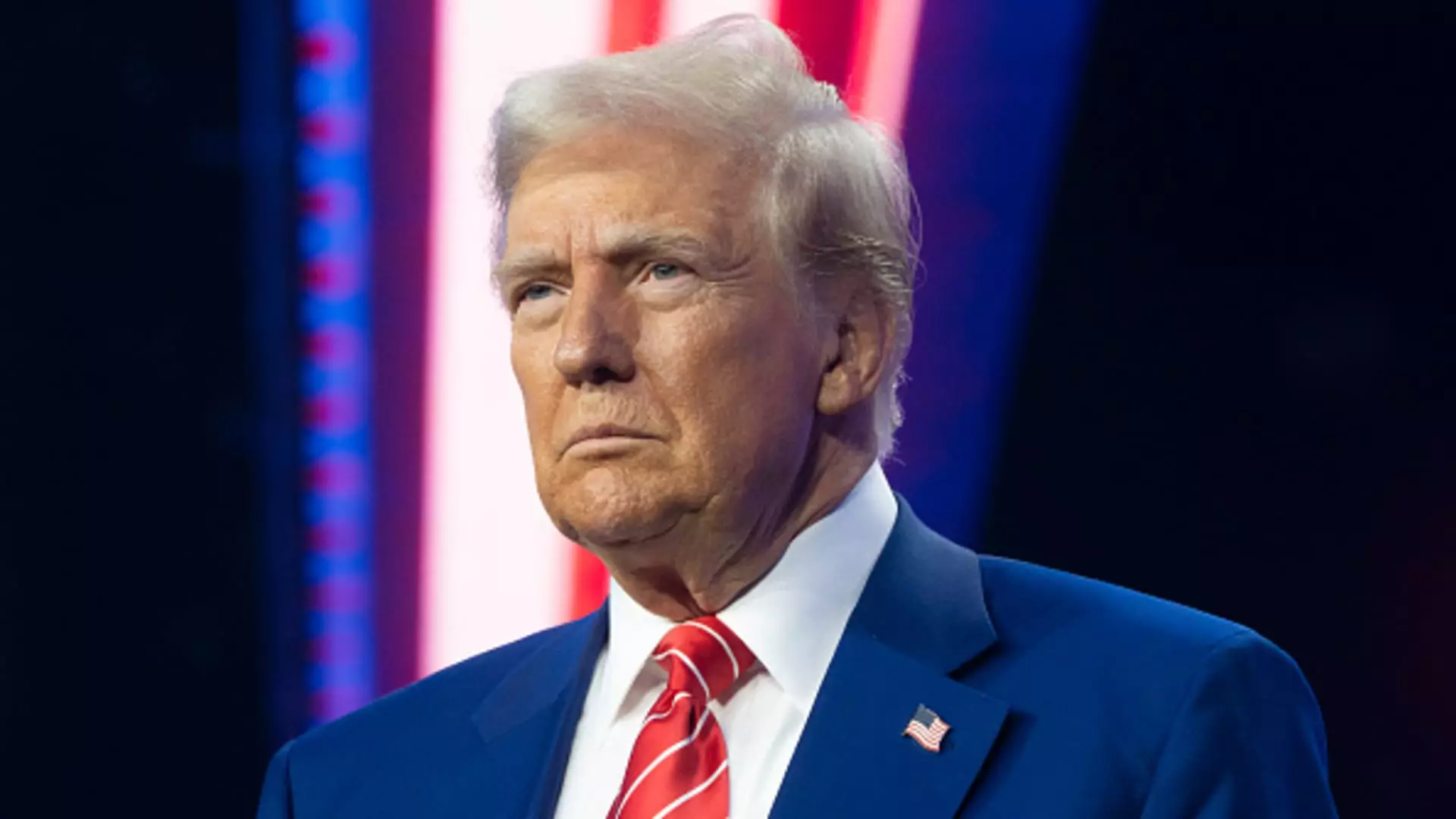The recent passing of former President Jimmy Carter at the remarkable age of 100 has sparked reflection not only on his life but also on the dynamics of American politics today. His upcoming state funeral, marked for January 9, 2024, at the National Cathedral, will draw a wide array of attendees, including current political figures who have shaped and continue to influence the landscape of the nation. President-elect Donald Trump, affirming his presence, demonstrates a complex interplay of respect, rivalry, and the ongoing evolution of party leadership.
As Trump arrived at his lavish New Year’s Eve gathering at Mar-a-Lago, the atmosphere was charged with the intersecting worlds of celebrity and governance. Among the elite guests were notable figures such as billionaire Elon Musk and Senator Ted Cruz, underscoring the blending of technology, finance, and political maneuvers that define the Republican Party today. Trump’s interaction with the media regarding both Carter’s funeral and House Speaker Mike Johnson’s leadership candidacy signifies his continuing influence over party dynamics.
While Trump has publicly backed Johnson for Speaker, his endorsement comes at a time of uncertainty within the Republican ranks. A faction of 34 Republicans rejecting Johnson’s prior funding proposal indicates a schism that could affect his re-election. Trump’s assertion that “almost everybody likes” Johnson may be overly optimistic, underscoring the potential disconnect between Trump’s perception and the reality of party unity as the House gears up for a key leadership vote.
The upcoming election for House Speaker serves as a significant litmus test for the party, reflecting broader ideological rifts and challenges in governance. Johnson, who ascended to the role in October 2023, now faces the daunting task of uniting a divided party as the complexities of legislative responsibilities loom ahead. Trump’s confidence in Johnson’s capabilities rests on the tenuous assumption that support remains unified among Republican representatives. However, with the stark realities posed by internal dissent, this assumption is in for a rigorous examination.
As the new Congress is sworn in, the interplay between traditional party allegiance and individual agendas will come to a head. Trump’s influence could bolster Johnson’s chances, yet success will hinge on effective coalition-building within the fractious Republican Party. The anticipated House leadership vote reflects not only a choice of who will lead but also what direction the party is willing to take in a rapidly changing political environment.
As America prepares to bid farewell to Jimmy Carter, whose lifelong commitment to public service has inspired generations, the political arena illustrates the challenges of continuity and change. The juxtaposition of honoring a beloved former president while navigating current political intricacies highlights a period of both reflection and potential renewal within the Republican Party. The outcomes of forthcoming votes and the ability of leaders like Trump and Johnson to unify their constituents will undoubtedly shape the future trajectory of the party in the years to come, redefining what it means to lead in an era marked by both division and possibility.


Leave a Reply